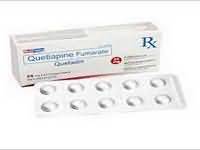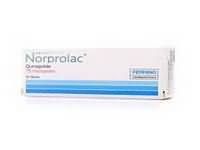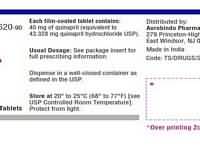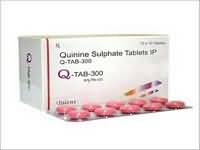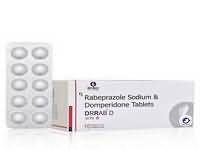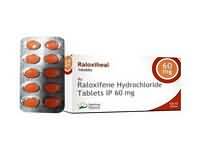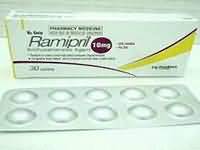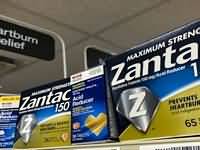suxamethonium chloride
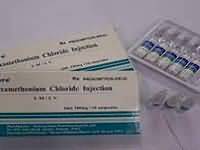
CLINICAL USE
Depolarising muscle relaxant used in short procedures and ECTDOSE IN NORMAL RENAL FUNCTION
IV injection: 0.5–1 mg/kgIV infusion
: 2.5–4 mg/minute; maximum 500 mg/hourPHARMACOKINETICS
DOSE IN RENAL IMPAIRMENT
GFR (mL/MIN)
DOSE IN PATIENTS UNDERGOING RENAL REPLACEMENT THERAPIES
IMPORTANT DRUG INTERACTIONS
Potentially hazardous interactions with other drugsADMINISTRATION
Reconstition
–Route
IVRate of Administration
Over 10–30 seconds Infusion: 2.5–4 mg/minute, maximum 500 mg/hourComments
For continuous infusion add 10 mL to 500 mL glucose 5% or sodium chloride 0.9% = 0.1% solutionOTHER INFORMATION
Suxamethonium is predominantly excreted in the urine as active and inactive metabolites. Patients on dialysis may require a dose at the lower end of the range due to reduced plasma cholinesterase activityUse with caution in hyperkalaemia as potassium is released from depolarised muscleHyperkalaemia may occur when suxamethonium is used in CKD 5
See how to identify renal failure stages according to GFR calculation
See how to diagnose irreversible renal disease
Home
